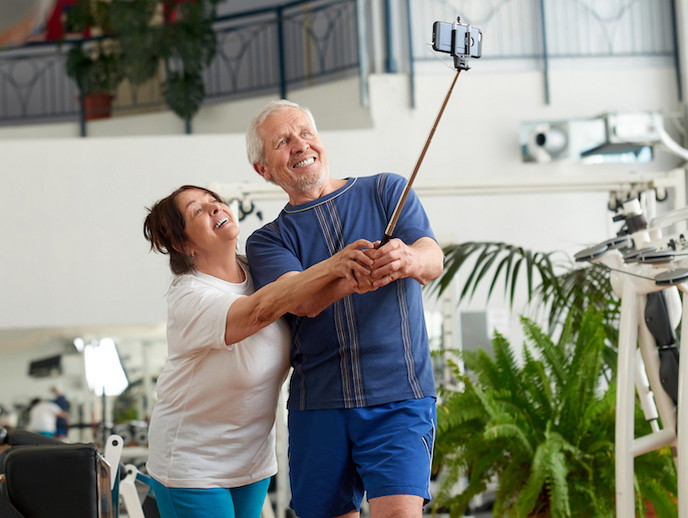Ethics support ICT-related standards for active and healthy ageing
According to the International Organization for Standardization(opens in new window), when developing standards, practitioners should include ‘input from a broad range of stakeholders’. However, when it comes to 20 % of the EU’s population – namely older people (aged 65 years or over) – this may not be the case. As most older people are active and contribute to society as entrepreneurs, innovators, workers and consumers, the oversight is worrying. Warning against top-down solutions, which view older people as problems or burdens, the EU-supported PROGRESSIVE project promoted ICT product and service approaches for AHA through standards that are co-created. Crucially, the project called for explicit acknowledgement that older people have ICT knowledge, skills and interest and so must be involved in the standardisation process. PROGRESSIVE set new benchmarks for good practice when it comes to standards for ICT and AHA. Raising awareness of the issues, the project provided a platform for discussion and debate amongst a broad range of stakeholders from policy makers to standards bodies (internationally and nationally), crucially facilitating the engagement of older people. The work has included the development of a website offering a newsletter and, amongst other features, access to information on over 250 relevant standards. Co-producing standards “Most people are unaware of standards, even though they impact on all of our lives, adding to our safety and security. There remains a long journey to build greater awareness of standards but a precondition must be more inclusive and open standards and standardisation processes,” says project leader, Dr Malcolm Fisk. Developing a framework to help identify and nurture good practice, PROGRESSIVE set out nine ethical tenets. These benefited from the work of the former EU-funded project, ICT for ALL and that of the World Health Organization regarding age-friendly cities. The tenets called for ICT products and services to consider: accessibility and usability; affordability; autonomy and empowerment; beneficence and non-maleficence; care, protection and support; equality, equity and justice; inclusion, non-discrimination and social impact; interoperability; and privacy, safety and security. These tenets then underpinned co-production of guidelines(opens in new window) that can be widely applied, as well as guidance on standards specifically related to interoperability, age-friendly communities and smart homes. Changing mindsets By acknowledging older people as assets and active contributors within what is dubbed the ‘silver economy’, PROGRESSIVE contributes to European policy perspectives which support greater inclusion and social integration, while promoting innovation and commercial activity linked to AHA. The project’s work on good practice guidelines, particularly regarding co-production, is being considered for adoption by the three European standards bodies: CEN, CENELEC and ETSI(opens in new window). Additionally, awareness-raising about the issues is continuing through the STAIR platform STAIR-AHA(opens in new window) and the activities of associated EU projects such as REACH(opens in new window) and www.homes4life.eu (Homes4Life). “We certainly practised what we preached, as we set up a task group of older people, who provided key input into the ethical tenets as well the shape and purpose of a new forum and coordination body which became the STAIR-AHA,” says Dr Fisk.







